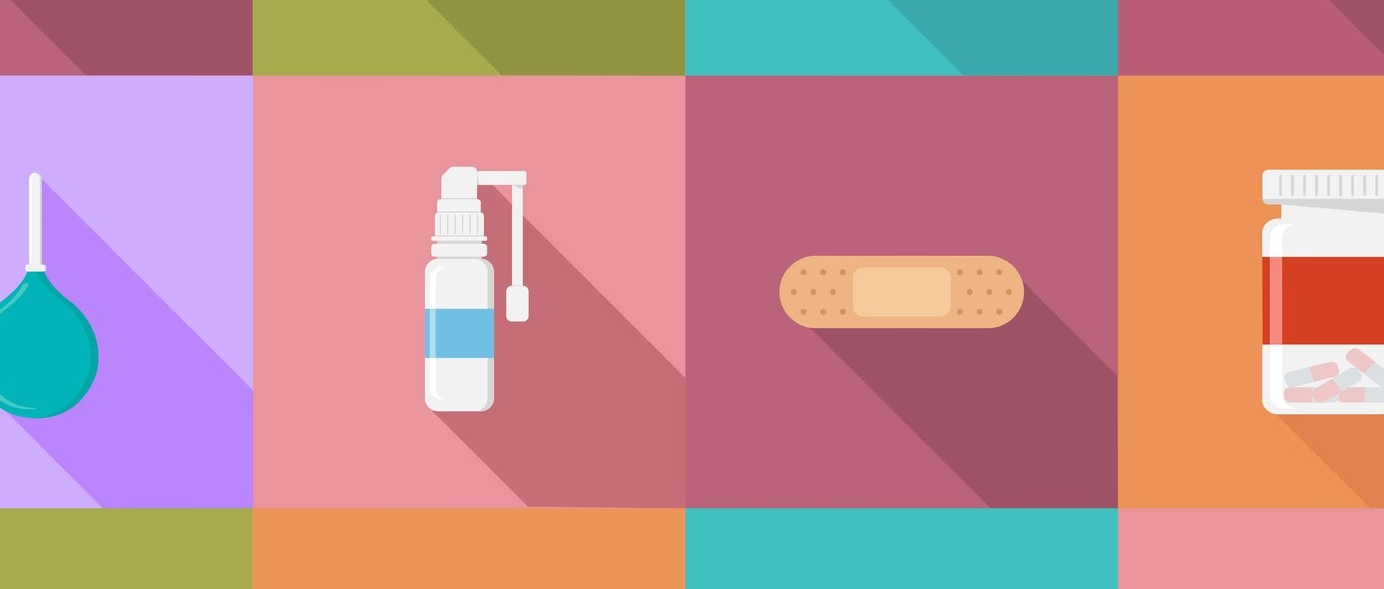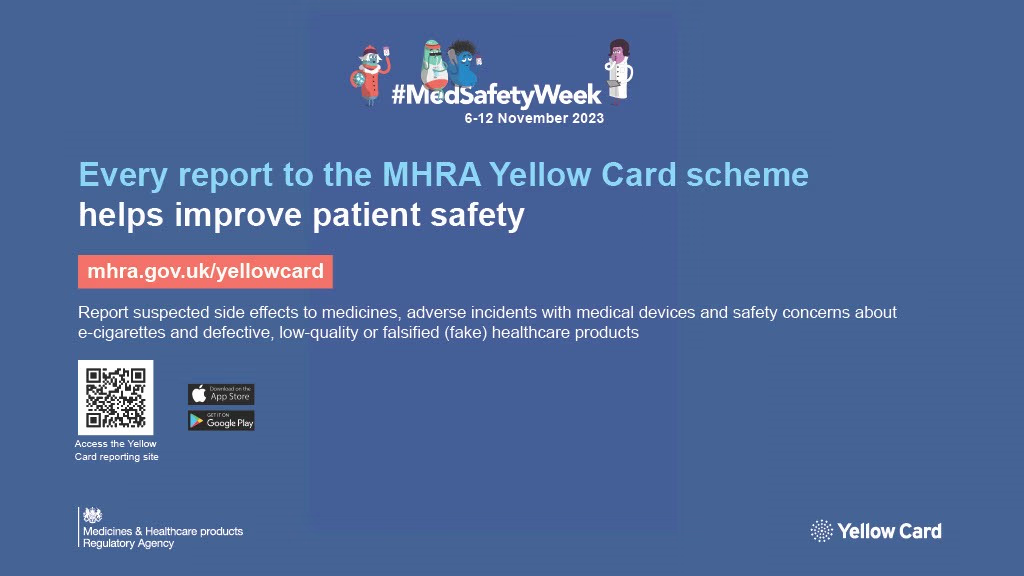
Making sure your medicine is safe at home
Peer reviewed by Dr Krishna Vakharia, MRCGPLast updated by Dr Sarah Jarvis MBE, FRCGPLast updated 6 Nov 2023
If you've ever rummaged through the back of your medicine cabinet for painkillers, you may find half-finished packs of tablets you took for a bad back a long time ago, or a bottle medicine you opened a few weeks back. For #MedSafetyWeek we have a look at what you need to know about making sure your medications are safe and effective to take.
In this article:
Continue reading below
What is an expiry date?
The expiry date of a medicine is the latest date that the manufacturer guarantees that the medicine will be as effective - and as safe - as when it was issued. It's a legal requirement for all medicines in the UK to have an expiry date.
Manufacturers tend to pick arbitrary expiry dates which are one or two years after the manufacture of a batch of medicines. They check them on that date to ensure the medicine is stable and works at the dose it's prescribed.
The actual shelf life of the drug may be longer than the date on the packet. But because this can't be guaranteed, you should not take medicines after they expire. Whilst some medicines may still be effective and safe a month after the expiry date, you do not know whether your medicine falls into this category or not.
#MedSafetyWeek

Sealed packaging
Whether or not the package is adequately sealed can change how long it stays safe for. Light, variations in temperature and moisture can affect the stability of a medicine. That's why your medicine cabinet is a fairly good place for many products, because it's dark and does not usually have big temperature fluctuations.
Many medicines come in foil blister packs, which keep moisture and light out. The expiry date guarantees that as long as the blister isn't opened, they will still be effective up to that time.
However, if the packaging that surrounds the medicine - as opposed to the cardboard box it is in - is opened, that expiry date cannot be guaranteed. Likewise, tablets in bottles can never be guaranteed past their expiry date.
Continue reading below
Temperature of the medicine
Another key variable is temperature. Some medicines - usually non-tablet forms - need to be kept in the fridge. If you leave them out by mistake, they may be less safe or less effective even before their expiry date is reached.
Patient picks for Medicine information
How expiry dates affect other types of medicines
Any medicine that contains preservatives - eye drops are a common example - may not be safe once it has passed its expiry date. That's because the preservatives are added to avoid harmful bacteria growing in the liquid - which can cause damage to your body, especially in sensitive areas like eyes.
Sometimes, a shortage of medication supply means the NHS and national drug safety agencies need to check and see whether a medicine is still safe. Importantly, liquids may have two dates - an expiry date if unopened, and a shorter time-frame for use once opened. You should pay attention to both.
Continue reading below
What to do with expired medicines
If you have unused medicine that has expired, speak to your pharmacist. Your pharmacist cannot re-issue medicines to other people, even if the packet is unopened, for safety reasons. However, they can often dispose of it safely for you.
If you have any one of a range of long-term conditions such as high blood pressure, raised cholesterol, diabetes, asthma, chronic kidney disease or heart disease, you may be taking several regular medications. Taking these medicines exactly as prescribed means you'll get maximum benefit and protection from them. And taking steps to manage and organise your medication properly will make this a lot easier.
Although they aren't strictly medicines, sun creams and lotions have an expiry date for a reason. The protection they provide becomes much less effective over time, especially if they've been opened or left out in the sun. Get rid of sunscreen at the end of every summer season or at least as soon as it reaches its expiry date.
Overall, it's a very good idea to do a regular clean out of your medicine cabinet. You might want to put a reminder in your diary to do this every six months - or more often if you take multiple medicines. And if you're not sure whether a medicine is safe, do not take it.
Click here for more information about #MedSafetyWeek and the Yellow Card scheme for reporting suspected side effects from your medicines.
With thanks to 'My Weekly' magazine where this article was originally published.
Article History
The information on this page is written and peer reviewed by qualified clinicians.
6 Nov 2023 | Latest version
28 Sept 2022 | Originally published
Authored by:
Dr Sarah Jarvis MBE, FRCGP

Feeling unwell?
Assess your symptoms online for free

